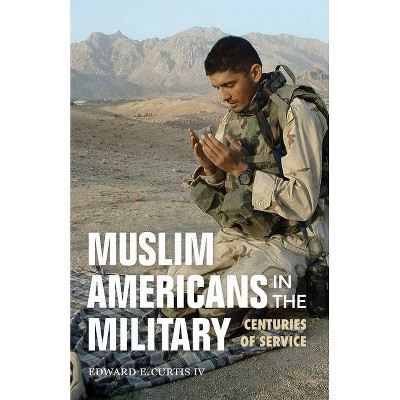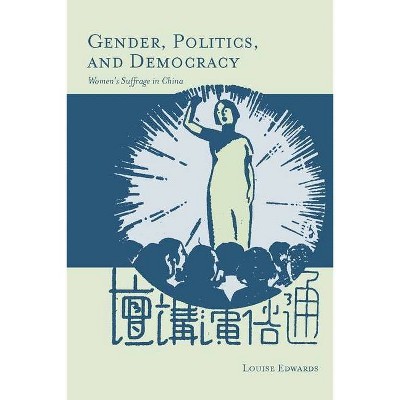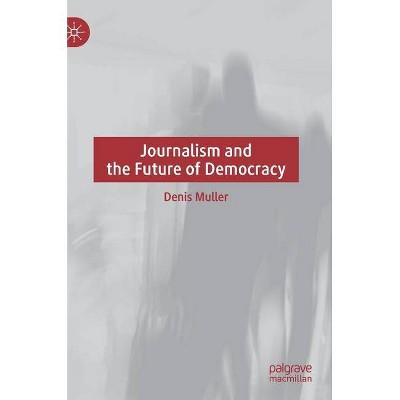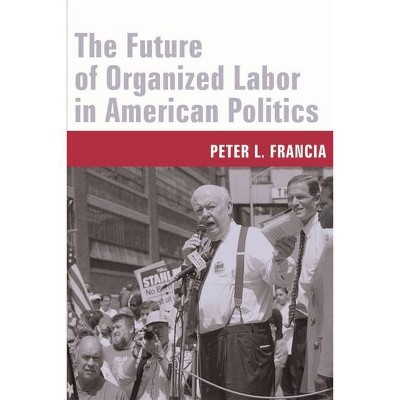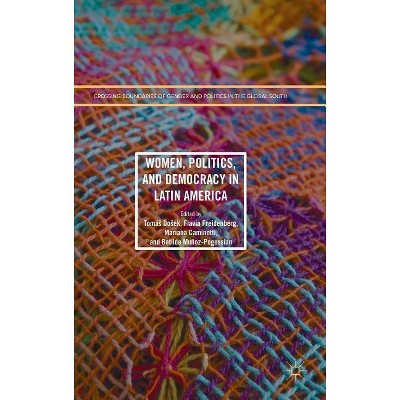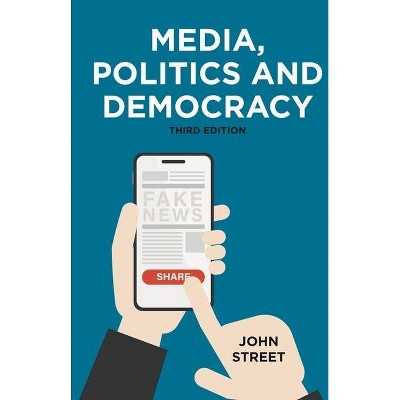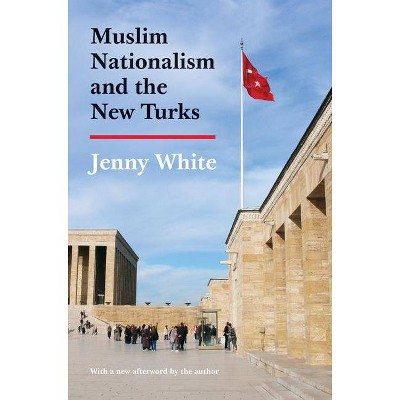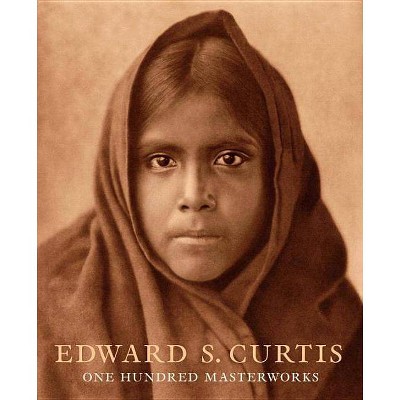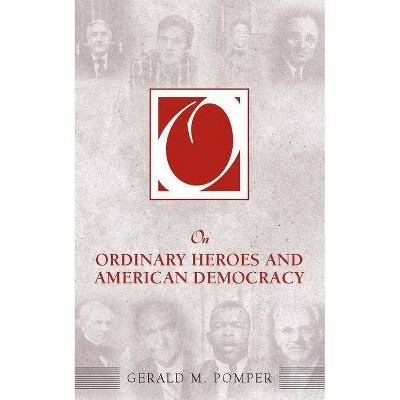Muslim American Politics and the Future of Us Democracy - by Edward E Curtis IV (Hardcover)
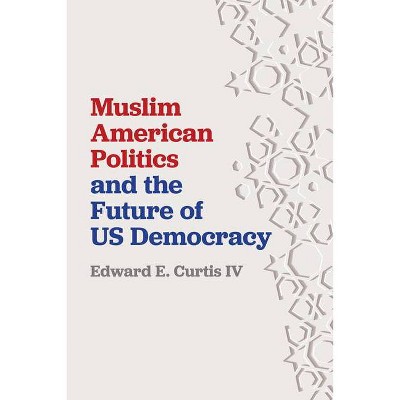
Similar Products
Products of same category from the store
AllProduct info
<p/><br></br><p><b> Book Synopsis </b></p></br></br><p><b>Reveals the important role of Muslim Americans in American politics </b> <p/>Since the 1950s, and especially in the post-9/11 era, Muslim Americans have played outsized roles in US politics, sometimes as political dissidents and sometimes as political insiders. However, more than at any other moment in history, Muslim Americans now stand at the symbolic center of US politics and public life. <p/>This volume argues that the future of American democracy depends on whether Muslim Americans are able to exercise their political rights as citizens and whether they can find acceptance as social equals. Many believe that, over time, Muslim Americans will be accepted just as other religious minorities have been. Yet Curtis contends that this belief overlooks the real barrier to their full citizenship, which is political rather than cultural. The dominant form of American liberalism has prevented the political assimilation of American Muslims, even while leaders from Eisenhower to Obama have offered rhetorical support for their acceptance. <p/>Drawing on examples ranging from the political rhetoric of the Nation of Islam in the 1950s and 1960s to the symbolic use of fallen Muslim American service members in the 2016 election cycle, Curtis shows that the efforts of Muslim Americans to be regarded as full Americans have been going on for decades, yet never with full success. <p/>Curtis argues that policies, laws, and political rhetoric concerning Muslim Americans are quintessential American political questions. Debates about freedom of speech and religion, equal justice under law, and the war on terrorism have placed Muslim Americans at the center of public discourse. How Americans decide to view and make policy regarding Muslim Americans will play a large role in what kind of country the United States will become, and whether it will be a country that chooses freedom over fear and justice over prejudice.</p><p/><br></br><p><b> Review Quotes </b></p></br></br><br>[Curtis] explores this theme with accessible personal stories, including the evolution of Malcolm X into Malik Shabazz, the stories of four Muslim American women, the deaths of Muslim American soldiers Corporal Kareem Khan and Captain Humayun Khan, and dissident activist Linda Sarsour.-- "Choice"<br><br>Argues that full cultural and social citizenship has not yet been achieved, yet Muslim Americans matter to key events and ideas in modern America.--Kathleen Moore, University of California, Santa Barbara<br><br>Reminding us that the Nation of Islam and Malik El-Shabazz are the predecessors of the contemporary landscape of Muslim politics, Curtis describes the challenges to liberalism and American empire that came through the forging of an Islamic liberation theology. Written by one of the leading scholars of Muslim history in the United States, this is an urgent book for our time.--Junaid Rana, Author of Terrifying Muslims: Race and Labor in the South Asian Diaspora<br><p/><br></br><p><b> About the Author </b></p></br></br><b>Edward E. Curtis IV</b> is the William M. and Gail M. Plater Chair of the Liberal Arts and Professor of Religious Studies at the IU School of Liberal Arts in Indianapolis. A recipient of Mellon, NEH, Fulbright, and Carnegie fellowships, Curtis is author of <i>Muslim American Politics and the Future of US Democracy</i>, <i>Muslims in America: A Short History</i>, and editor of <i>The Practice of Islam in America: An Introduction</i> and the <i>Encyclopedia of Muslim-American History</i>.
Price History
Price Archive shows prices from various stores, lets you see history and find the cheapest. There is no actual sale on the website. For all support, inquiry and suggestion messagescommunication@pricearchive.us
